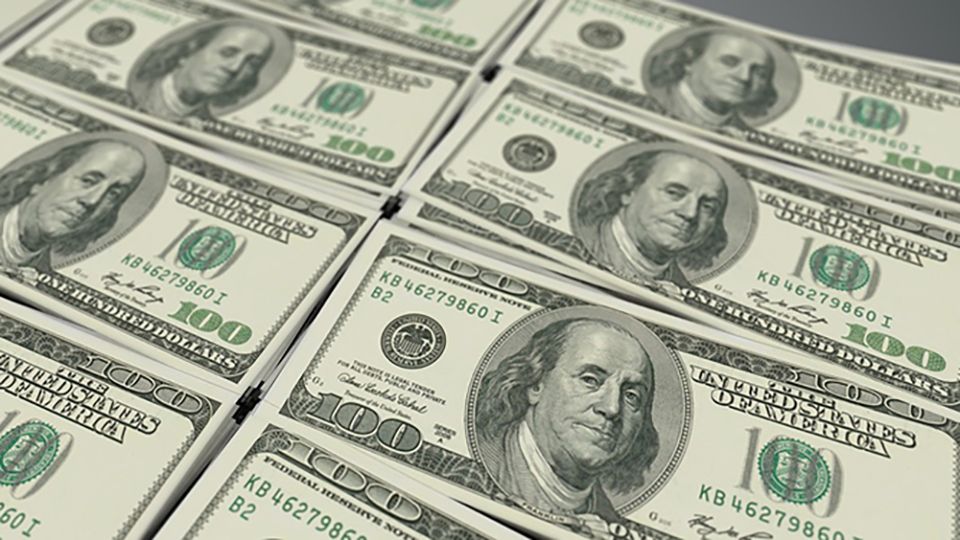The New York state budget process this year is shaping up to be far different than years past.
Possible remote voting and a complete shakeup to how funds are distributed will mark a historic year in the state budget process.
New York is facing somewhere between a $10- $15 billion dollar revenue shortfall. Either hole would be hard to plug, but with so much uncertainty on when businesses can open and people can start returning to work, Governor Andrew Cuomo is pushing for a budget that can be adjusted month to month based on revenues coming in.
"That’s frankly the only way that you can do this budget” Cuomo said. “When you have so many unknowns.”
However, this will trickle down to how local governments and schools can spend their money, which already has many groups concerned. The call to tax the "ultra-wealthy" is once again making its push, causing some senators to take a second look.
“As we now know, NYS is projected to lose billions in tax revenue due to the coronavirus crisis, threatening essential school funding," Senator Shelly Mayor wrote. Mayor is also chair of the Senate Education Committee.
"Now is the time to ask our highest earning New Yorkers to step up and pay a greater share. I am urging adoption of a state budget that includes a higher tax rate on those earning $5 million or more to help avoid education cuts and add over $2 billion to our state coffers."
The call to place a higher tax on the wealthiest in New York has always been loud, but never had teeth. The idea has never made it far in the Legislature and Cuomo has made it clear he is staunchly against increasing taxes on New York’s elites, saying it will drive them out of the state.
But with funding so uncertain, many education advocates are saying that this tax money could go to high-need districts that rely heavily on state funding.
“Many students didn’t have soap in their school bathrooms before the COVID-19 pandemic started. There are students who are home right now without access to remote learning, because their families and school districts cannot afford laptops,” Jasmine Gripper, Executive Director, Alliance for Quality Education wrote. “Cuts to education would mean our most vulnerable students would fall even further behind.”
The budget is due this coming Wednesday.



